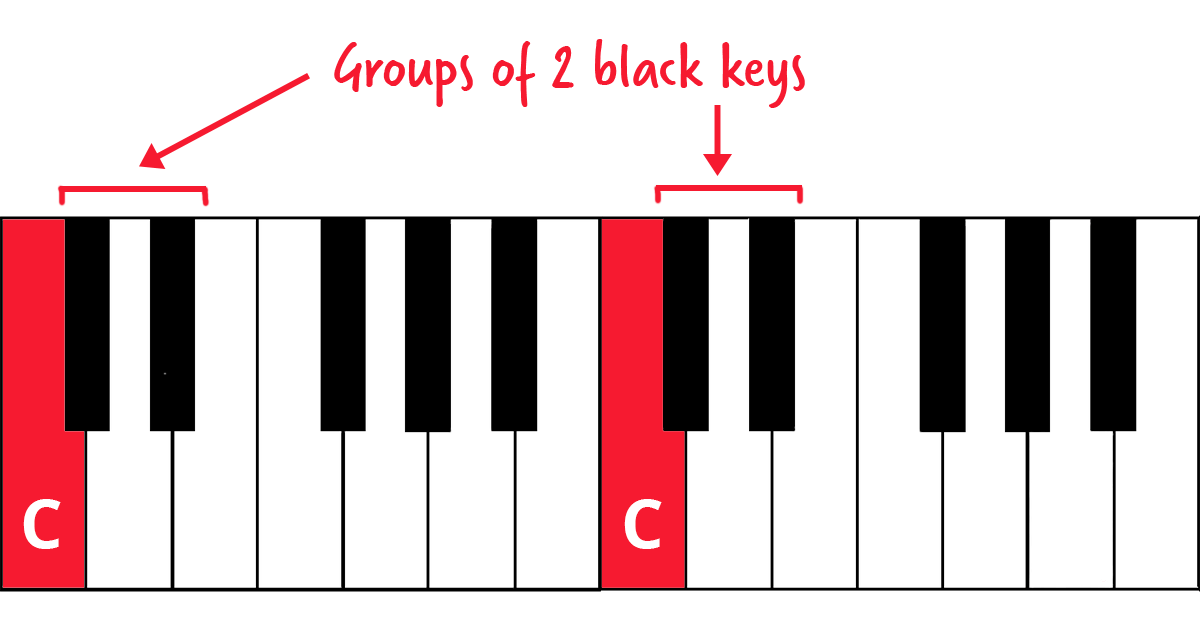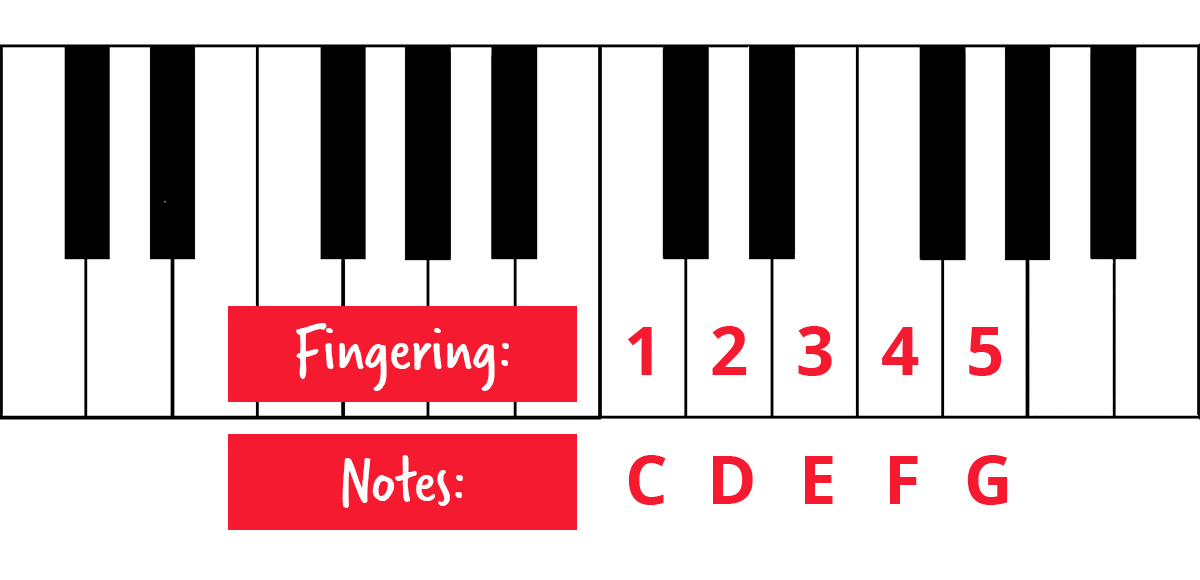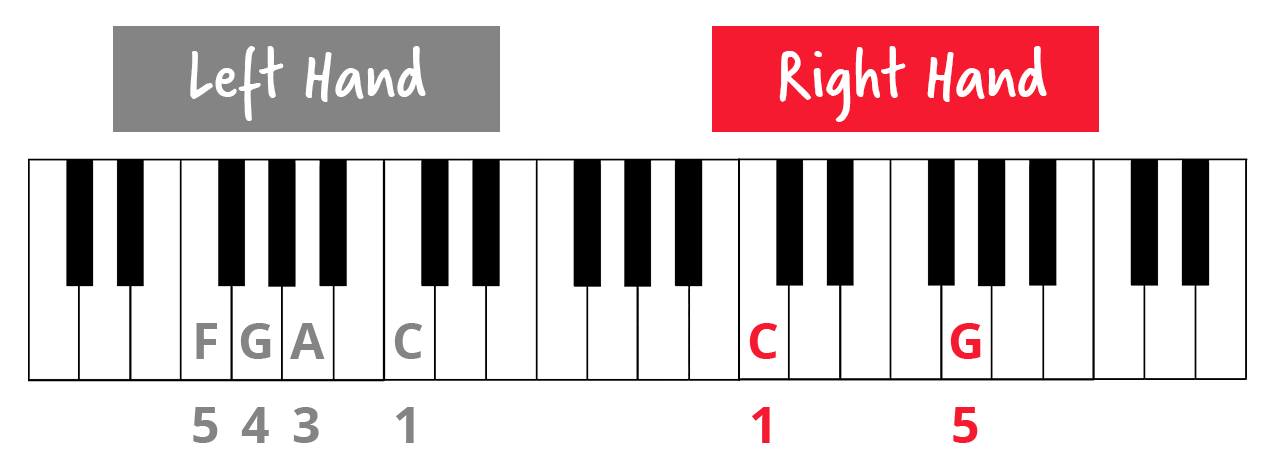Are you interested in learning piano as an adult? Do you wonder if adults can even learn piano? (Spoiler alert: YES.)
If you want to learn how to play piano as an adult, but aren’t sure where to start, you’re not alone. Many adults had piano lessons as children but stopped because they didn’t like the repertoire, didn’t click with their teacher, or simply got busy with life.
Or perhaps you’ve always wanted to learn piano, but it wasn’t accessible for you. Until now.
It’s never too late to learn how to create beautiful music on the piano. In fact, age can be an advantage to your piano journey! Keep reading to learn more.
Get started on the right foot (or rather, hand). Get four FREE lessons that will take you from sitting down on the piano for the first time to playing your first song.
TRY IT OUTWhen children take piano lessons, it’s usually because their parents wanted them to. But children often don’t enjoy the type of music they learn, or they hate practicing. So they quit.
But as an adult, YOU have control over what you learn. You’ve had a lifetime to develop your musical taste, so your musical literacy is likely more advanced than a child’s. So approach the piano with your unique goals in mind, goals that matter to you.
Children often have to be nagged to practice. But by the time you’re an adult, you’ve likely taken a few exams and endured several job interviews. You understand that mastering something takes work.
But practice can be a slog for even the most passionate piano player. To beat boredom, try a more creative practice routine like this.
Try to practice for 15 minutes or 30 minutes a day. But even 5 minutes counts.
Learning piano as an adult means being in charge of your own learning. You can learn at your own pace, choose a method that makes sense to you, and set your own goals.
You may even have a more flexible schedule than a child. But you also need to be self-disciplined. There won’t be a parent or teacher to remind you to practice!
Also…if you’re a busy adult (most of us are!), it may be worth looking into online learning.
As a Pianote Member, you’ll get access to our 10-step Method, song library, and growing community of piano players just like you. Plus: get coached by world-class pianists and learn whenever you want, wherever you want, and whatever you want.
TRY PIANOTE FOR 7 DAYSYou won’t always have time to practice, and that’s okay. At the end of the day, all you need are 15 minutes and three things:
If you spend as little as five minutes a day on each of these categories, you will get better!
S.M.A.R.T stands for:
Now, when it comes to learning piano as an adult, it’s important to be realistic. Can you start from scratch at age 50 and become a world-class concert pianist by age 75? Probably not. But can you learn to play beautiful music, improvise, compose original music, and perform some casual gigs at age 75? Absolutely!
There will be points in your musical journey where you’ll feel frustrated, discouraged, uninspired, tired…
When this happens (notice I say “when,” not “if” because it WILL happen!), remember your why.
Why do you want to learn how to play piano? To surprise your partner with their favorite song? To play that Chopin piece you’ve always loved? For the mental health benefits?
KNOWING THAT WHY HELPS YOU CONNECT THE PIANO TO YOUR PASSION, AND ACTS AS AN ANCHOR THAT YOU CAN HOLD ON TO WHEN TRYING TO FIGURE OUT HOW TO STAY MOTIVATED AT THE PIANO.
Lisa Witt
Having a community rally behind you can be SO helpful. Being among other adult learners will reassure you that you’re not alone. You can also troubleshoot problems with other people who relate.
If you’re looking for an awesome community, take a peek at Pianote by signing up for a free trial.
Neuroplasticity is your brain’s ability to change as it adapts to learning new things. Children’s brains are more plastic than adult ones, but adult brains never stop being plastic!
How can you help your brain stay agile? Common-sense healthy habits help, including:
Here are some piano exercises you can do right away even if you’ve never touched a piano before.
First, find middle C. It’s the note in the middle of the piano to the bottom left of the two black keys.

Place your thumb (finger 1) on C. Then, align the rest of your fingers on the next four notes. Play the notes one by one with each finger.

Now try this with your left hand, starting on your pinky and ending on your thumb.
Go back to your five-finger scale position on your right hand. Play C and G together—that’s fingers 1 and 5. This is called a shell chord.
With your left hand, move through the following notes: C-G-A-F. Here are the notes you’ll play plotted on a keyboard with their fingering numbers:

Play each bass note for four beats. And play your right hand shell chord four times on those four beats.
Now, with your hands in the same positions, break up the C and G in your right hand. Play the same left hand sequence in exercise #2.
Now try all these exercises while pressing down the sustain pedal. You’ll instantly sound 10x better!
Want some more beginner-friendly exercises that sound beautiful? Put aside your Hot Cross Buns and try some of these:
Need some extra inspiration? Here are some professional pianists that didn’t start playing seriously until they were older:
Albert Franz started playing when he was seventeen years old after suddenly falling in love with classical music. He now releases albums and has won numerous competitions. Here’s him performing Debussy’s Arabesques at TedxVienna.
James Rhodes only received music education between the ages of 14 and 18, then stopped. At 28, he picked up the piano again and has since released seven albums. Check out James Rhodes’ inspiring talk on music and interiority at TedxMadrid.
Sviatoslav Richter was a renowned pianist, but he never planned to become one. He was largely self-taught and only received formal training at age 22 when he impressed star teacher Heinrich Neuhaus. Here’s an excerpt from a fascinating documentary on Richter’s life.
Ready to learn piano as an adult? Take the first step today by signing up for a free trial of Pianote 🙂
Charmaine Li is a Vancouver writer who has played piano for over 20 years. She holds an Associate diploma (ARCT) from the Royal Conservatory of Music and loves writing about the ways in which music—and music learning—affects the human experience. Charmaine manages The Note. Learn more about Charmaine here.


By signing up you’ll also receive our ongoing free lessons and special offers. Don’t worry, we value your privacy and you can unsubscribe at any time.
We use cookies for traffic data and advertising. Cookie Policy »